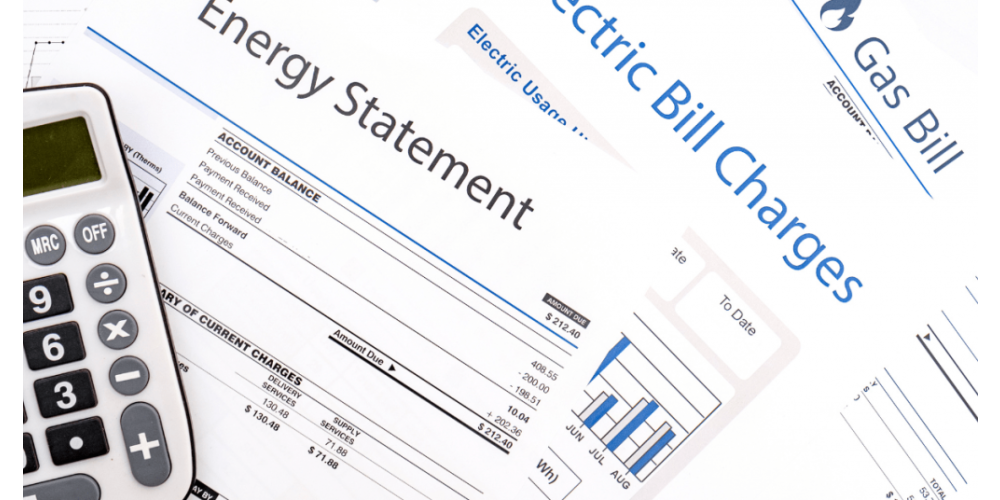Interested in learning more about electricity rates for your home or business? Here is a guide to electricity rates, shopping for energy, and everything you need to know about electricity deregulation...
Electricity Rates Overview
Throughout the U.S., several states have deregulated their electricity markets allowing residential and commercial customers the right to choose an electricity supplier outside of their utility company. When shopping for an alternative electricity supplier, customers can choose a new rate for electricity supply that might be lower than their local utility's rate. The delivery portion of your bill still remains with the utility company. When shopping for an electricity rate, there are some things to know about the make-up of the rate. Here is everything you need to know about electricity rates...
Electricity Cost
The majority of your electricity rate is made up of the physical electricity commodity. This is the cost to generate the electricity commodity at a power plant, solar farm, wind farm, etc. The electricity commodity makes up approximately 50% of your total electricity supply rate in most deregulated states. There are some other charges in your electric rate that you need to know about. Keep reading below...
Capacity Costs
In most deregulated states (outside of Texas) electric generators are paid a capacity fee for their commitment to produce electricity at a given time in the future. Part of your electric rate is a capacity charge that helps make the grid more reliable and be less susceptible to blackouts. A great explanation of how capacity charges work can be found here. Capacity charges make up approximately 35% of your total electricity rate and are even charges by your local utility company if you decide to stay with them for your electricity supply.
Interested in finding an alternative supplier that can save you money?
Transmission Costs
Transmission is the other major component of your total rate for electricity. Transmission is the cost to get the electricity from the generation plant to your local utility company. All customers pay a transmission fee that is built-in to their total rate for power. Transmission fees should not be confused with local utility delivery fees, which are the costs to get the power from the utility company to your home or business.

